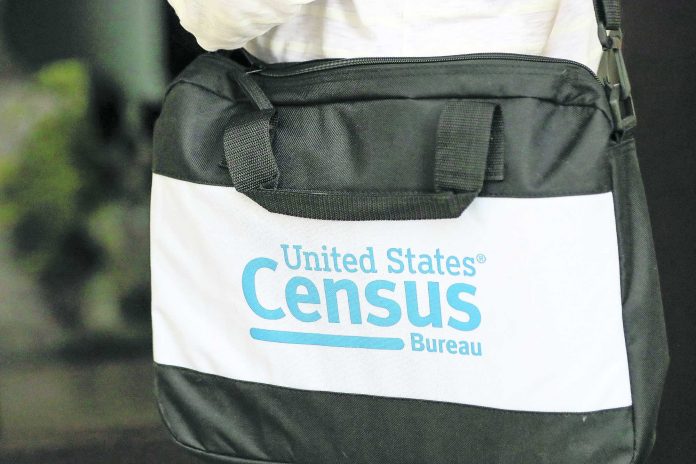

RIDOC filed an answer stating that they lacked sufficient information to admit or deny Spratt's allegations, but asserted various affirmative defenses. 4 Spratt's complaint 36 stated that the prison policy prohibiting inmate preaching did not satisfy the "least restrictive means" test in RFRA, and asked for declaratory relief, injunctive relief, and damages of. Further research, with a larger sample size, a more comprehensive measurement of job quality, and conducted longitudinally may better explain correlations uncovered.Spratt proceeded to file a pro se complaint against Wall and RIDOC in the United States District Court for the District of Rhode Island, asking for relief under the First Amendment, the Fourteenth Amendment, and the Religious Freedom Restoration Act, 42 U.S.C. Relationships, though significant, were not substantive, as effect sizes were minimal to moderate. Results suggest that probation stipulations were negatively correlated with overall job quality. Linear regressions were then conducted to further assess the relationship between stipulations per month and overall job quality. Pearson’s correlations were done to identify significant correlations. The survey measures how many stipulations participants were mandated to attend, the details of their employment, and a variety of control variables (such as substance use and mental health disruption).
_banner_sm.jpg)
This is a quantitative cross-sectional study, with people on probation completing surveys offered in probation offices in the Providence, RI area. This study ( n = 96) explores correlations between probation stipulations and employment quality among people on probation in Rhode Island.

The effect probation stipulations have on a person on probation’s employment quality is unknown. There is evidence to suggest that having a job decreases the likelihood of recidivism. There is minimal evidence to suggest that mandating people on probation to adhere to various stipulations reduces their likelihood to recidivate.


 0 kommentar(er)
0 kommentar(er)
